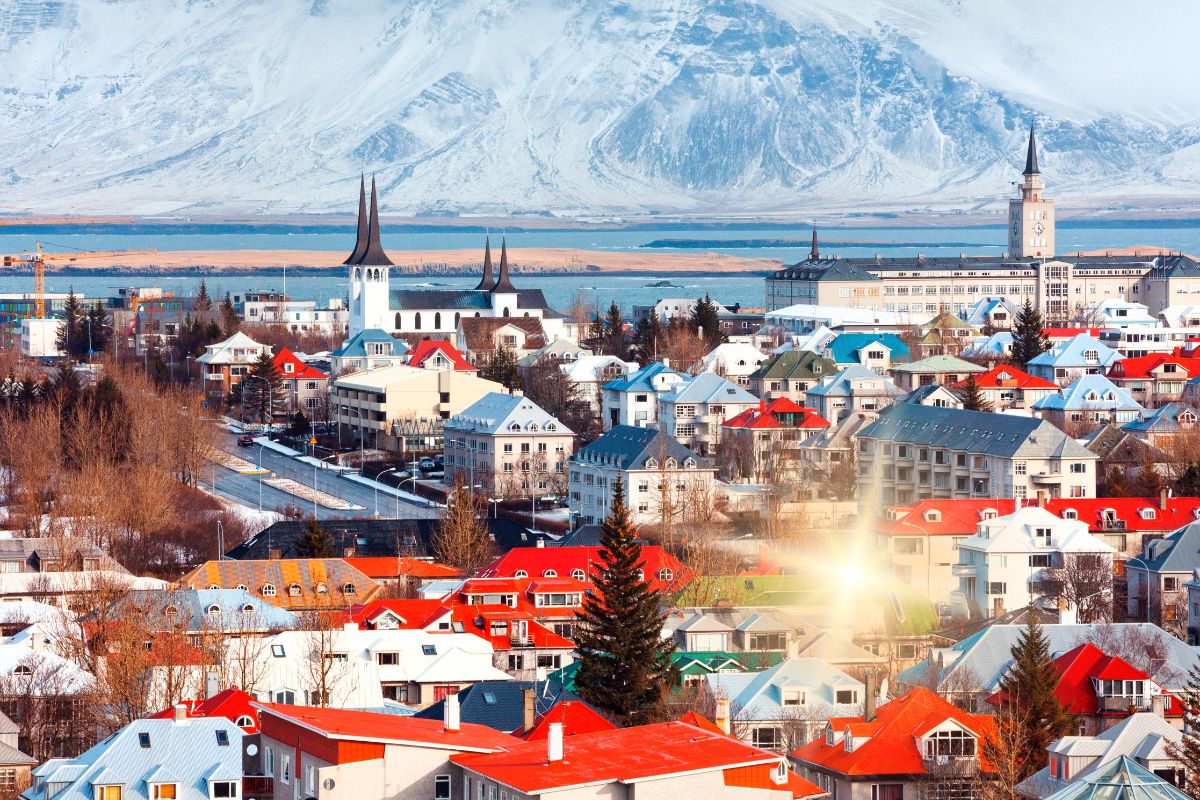In 2019, Iceland boldly implemented a four-day workweek through collective agreements that revolutionized their labor landscape. Fast forward to 2025, and what once seemed like an idealistic Gen Z vision has manifested into a remarkable reality. The Icelandic experiment has not only validated younger generations’ workplace predictions but has created a blueprint for sustainable work-life integration that countries worldwide are now studying.
How Iceland transformed its work culture with the 4-day model
Iceland’s journey toward shorter workweeks began with a modest pilot program in 2015 involving approximately 2,500 employees—just over 1% of the nation’s workforce. The initial trial yielded such positive outcomes that by 2019, formal implementation began taking shape through negotiated agreements rather than sweeping legislation.
Today, an overwhelming 90% of Iceland’s working population enjoys a 36-hour workweek instead of the previous 40-hour standard—all without salary reductions. This transformation represents one of the most significant workplace evolutions in recent history, validating what many younger workers had long advocated for.
Economic experts initially expressed concerns about potential productivity losses and increased business costs. However, comprehensive economic analysis has shown that despite gloomy predictions for productivity, Iceland’s economy has remained robust. In fact, several sectors have reported improved efficiency metrics.
The implementation success stems from several key factors:
Strategic workplace reorganization
Enhanced technological integration
Improved worker mental health and engagement
Reduction in unnecessary meetings and administrative tasks
Greater focus on outcome-based performance metrics
Anders Magnusson, director at Reykjavik’s Work-Life Institute, explains: “The transformation wasn’t about working less—it was about working smarter. Organizations discovered that with proper planning, they could maintain or increase productivity while giving employees more personal time.”
Technology and digital infrastructure supporting the transition
Iceland’s successful implementation of reduced working hours has been significantly supported by its exceptional digital infrastructure. The country boasts some of the world’s most advanced internet connectivity, including in remote rural areas, facilitating seamless remote work arrangements.
This technological foundation has proven especially important as global economic tensions rise and organizations seek more resilient work models. Iceland’s government made strategic investments in digital systems years before the pandemic forced other nations to hastily adapt to remote work.
Generation Z workers, having grown up as digital natives, have thrived under this model. Their inherent comfort with collaboration tools and digital workflows has accelerated adoption across generations. This technological synergy has created a working environment where output quality trumps traditional time-based metrics.
The digital transformation encompassed:
Digital Initiative
Implementation Rate
Reported Impact
Cloud-based workflow systems
92% of businesses
37% efficiency increase
Virtual meeting optimization
88% of organizations
52% reduction in meeting time
Digital public services
97% availability
41% faster service delivery
Unlike Belgium’s approach, where compensation models required salary adjustments, Iceland maintained full compensation while reducing hours. This approach has been sustainable largely due to productivity gains through technological efficiency.
Social impacts and gender equality advancements
Perhaps the most profound effect of Iceland’s four-day workweek has been its impact on social structures and gender roles. By freeing up additional personal time, the policy has accelerated progress toward gender equality—a central prediction made by many Gen Z advocates.
Men have increasingly participated in family responsibilities, creating more balanced domestic arrangements. This shift has been particularly meaningful in a country already recognized for its progressive gender policies. With additional time available, male workers report spending 27% more hours on childcare and household duties than before the policy implementation.
Kristín Jónsdóttir, a sociologist at the University of Iceland, notes: “The four-day workweek has accomplished what decades of gender equality campaigns couldn’t fully achieve. When men have genuine time availability, they naturally participate more in family life.”
The policy has created cascading social benefits including:
Reduced childcare costs for families
Decreased stress-related health issues
Improved community engagement
Enhanced educational involvement with children
More balanced distribution of household labor
These social shifts align remarkably well with predictions about changing work-life priorities that Generation Z has emphasized throughout their entry into the workforce. What was once dismissed as idealistic thinking has proven pragmatically beneficial.
Global implications and the future of work
Iceland’s success has inspired a wave of similar experiments worldwide. Countries including Germany, Portugal, Spain, and the UK have initiated pilot programs, while China has recently begun exploring alternatives to its notorious overtime culture.
The Icelandic model differs significantly from other approaches. While Belgium legislated a four-day option, it compressed the same hours into fewer days—maintaining the 40-hour total but distributing it differently. Iceland’s approach—genuinely reducing total working hours without pay reduction—has shown more substantial benefits.
The global interest reflects growing recognition that traditional work structures may be outdated in modern economies. As trade relationships evolve and economic models shift, work paradigms must similarly transform.
What makes Iceland’s case particularly compelling is how completely it has validated Generation Z’s workplace predictions. From improved mental health outcomes to enhanced productivity through technology, the results mirror what younger workers have advocated for years.
The experiment continues to evolve, with researchers now examining long-term impacts on education, healthcare utilization, and economic innovation. Early indicators suggest these broader societal metrics are also showing positive trends, reinforcing the model’s sustainability.
As labor markets continue facing disruption through automation and artificial intelligence, Iceland’s model offers valuable insights into creating resilient, human-centered work environments that maximize both productivity and wellbeing—exactly as Generation Z predicted.
